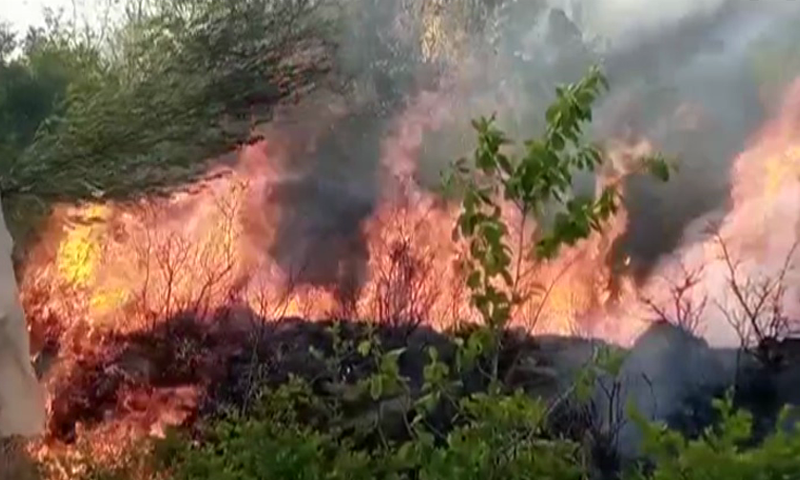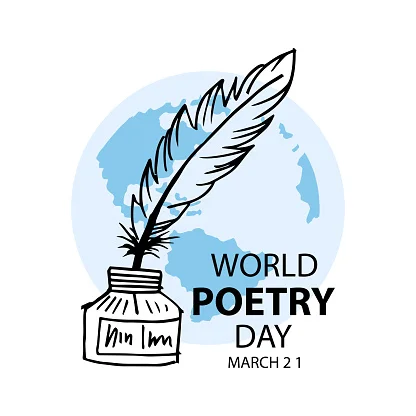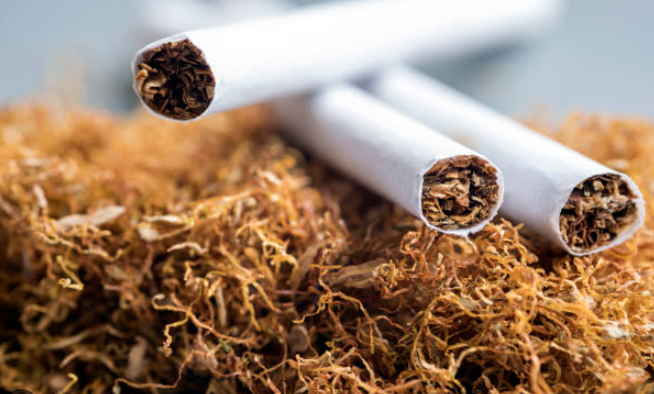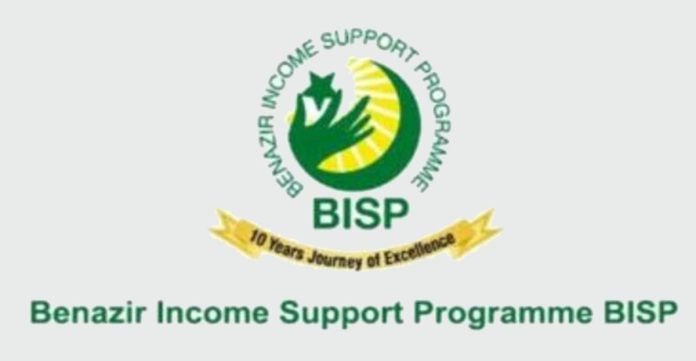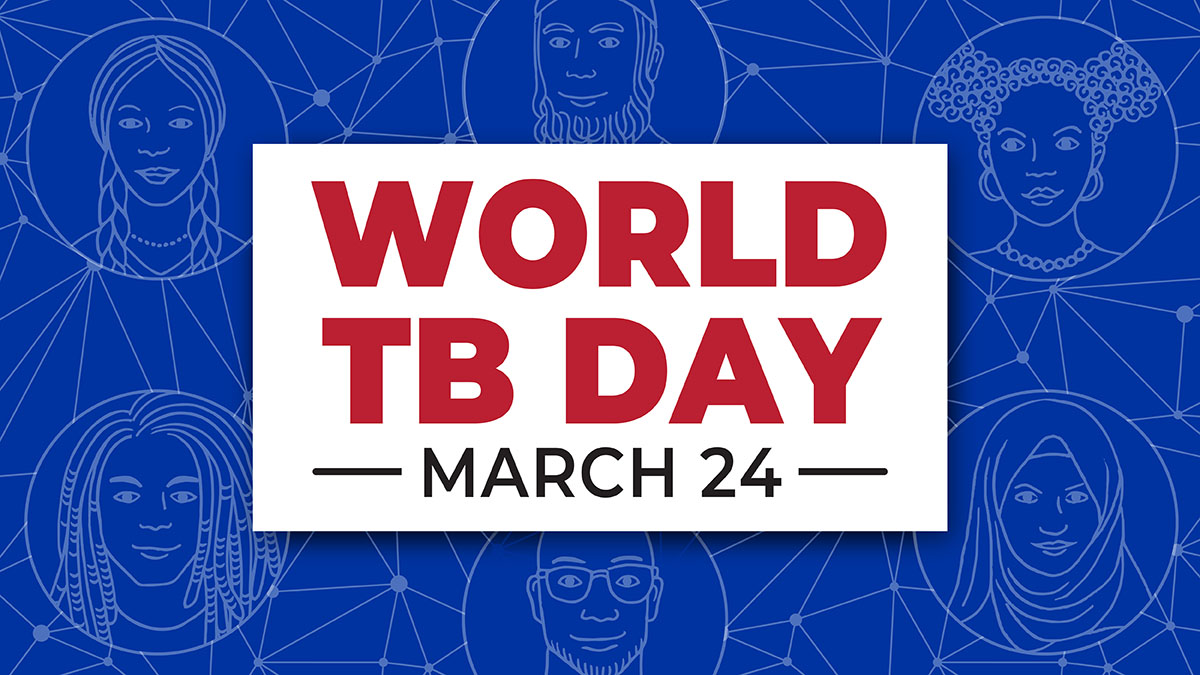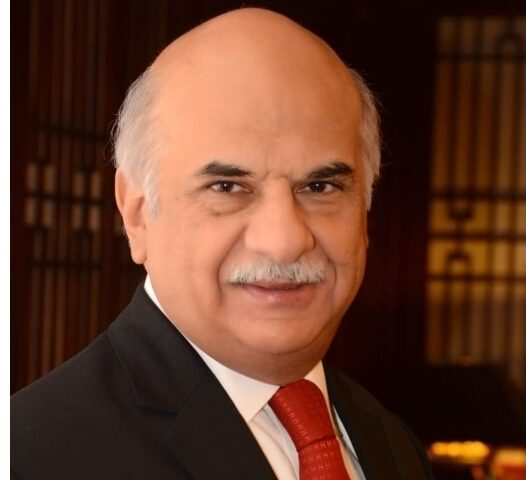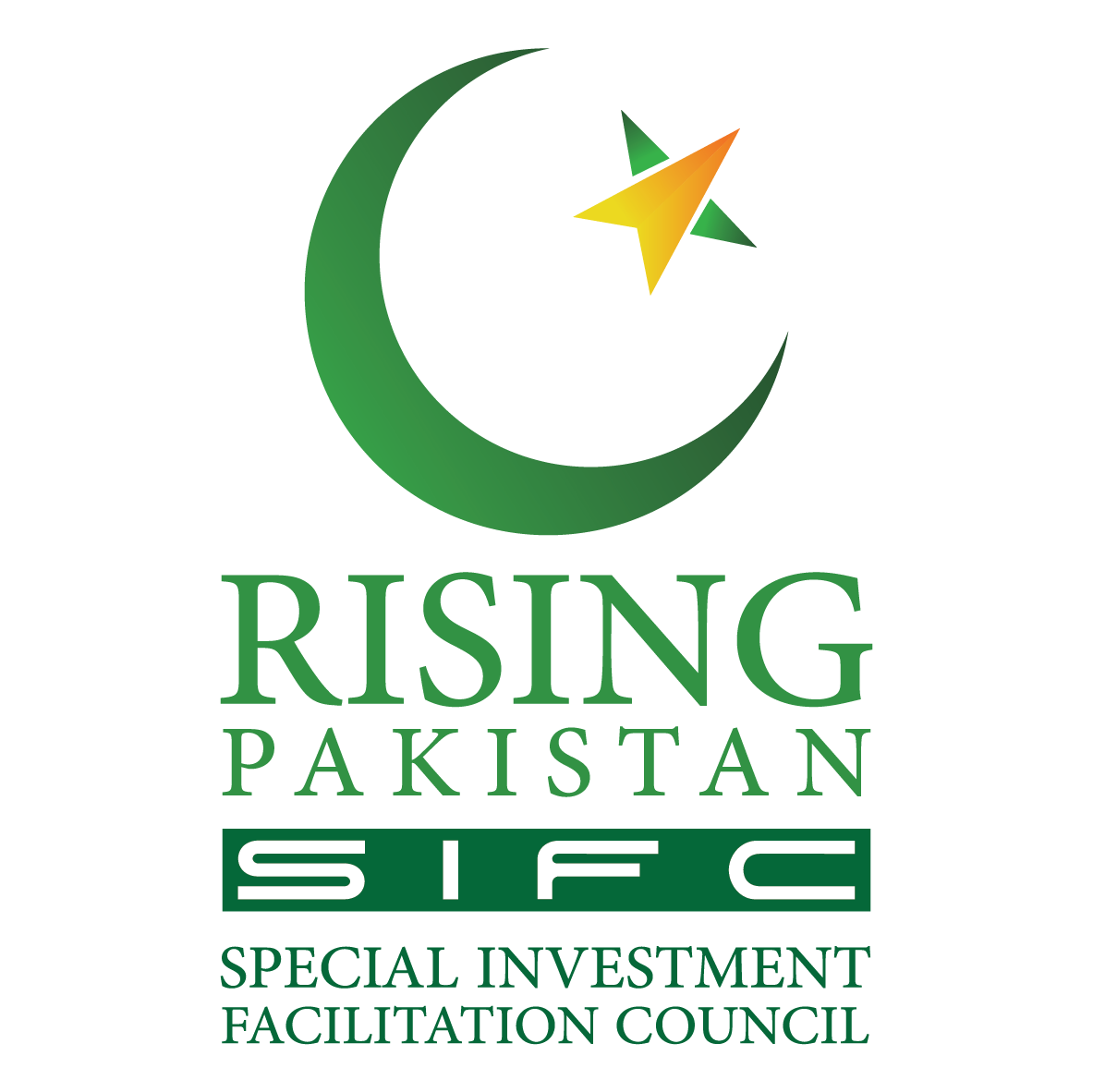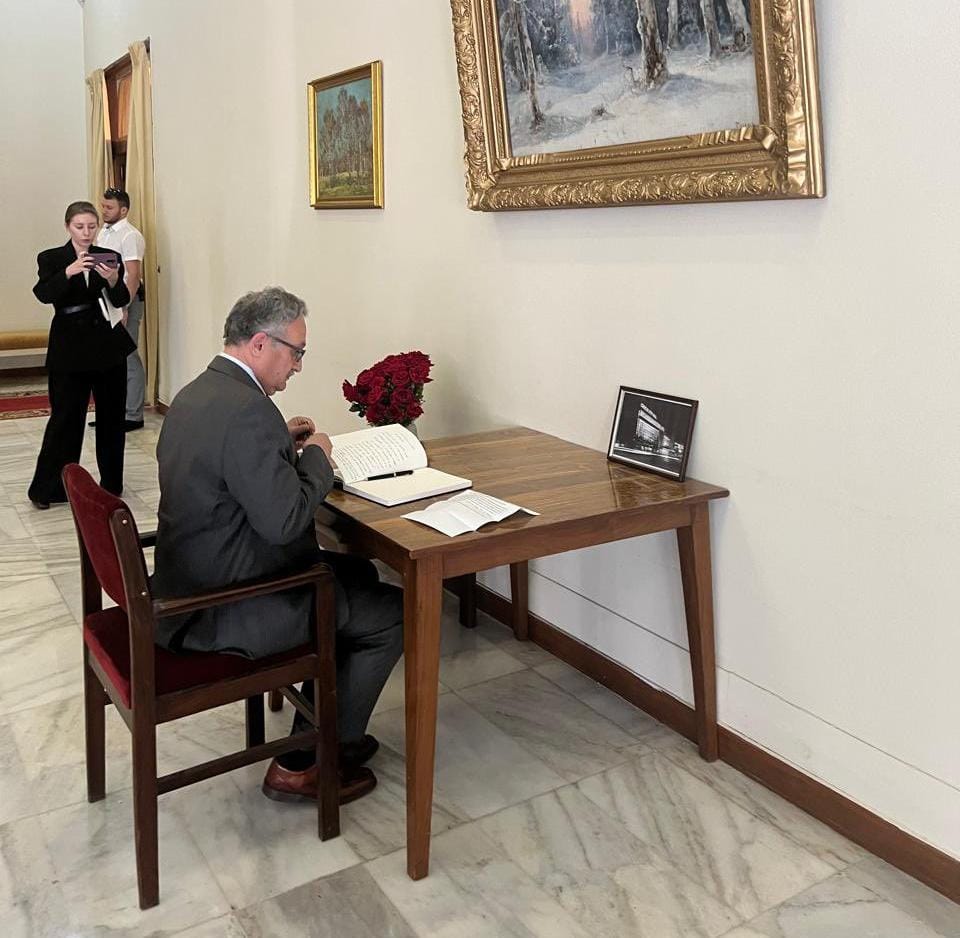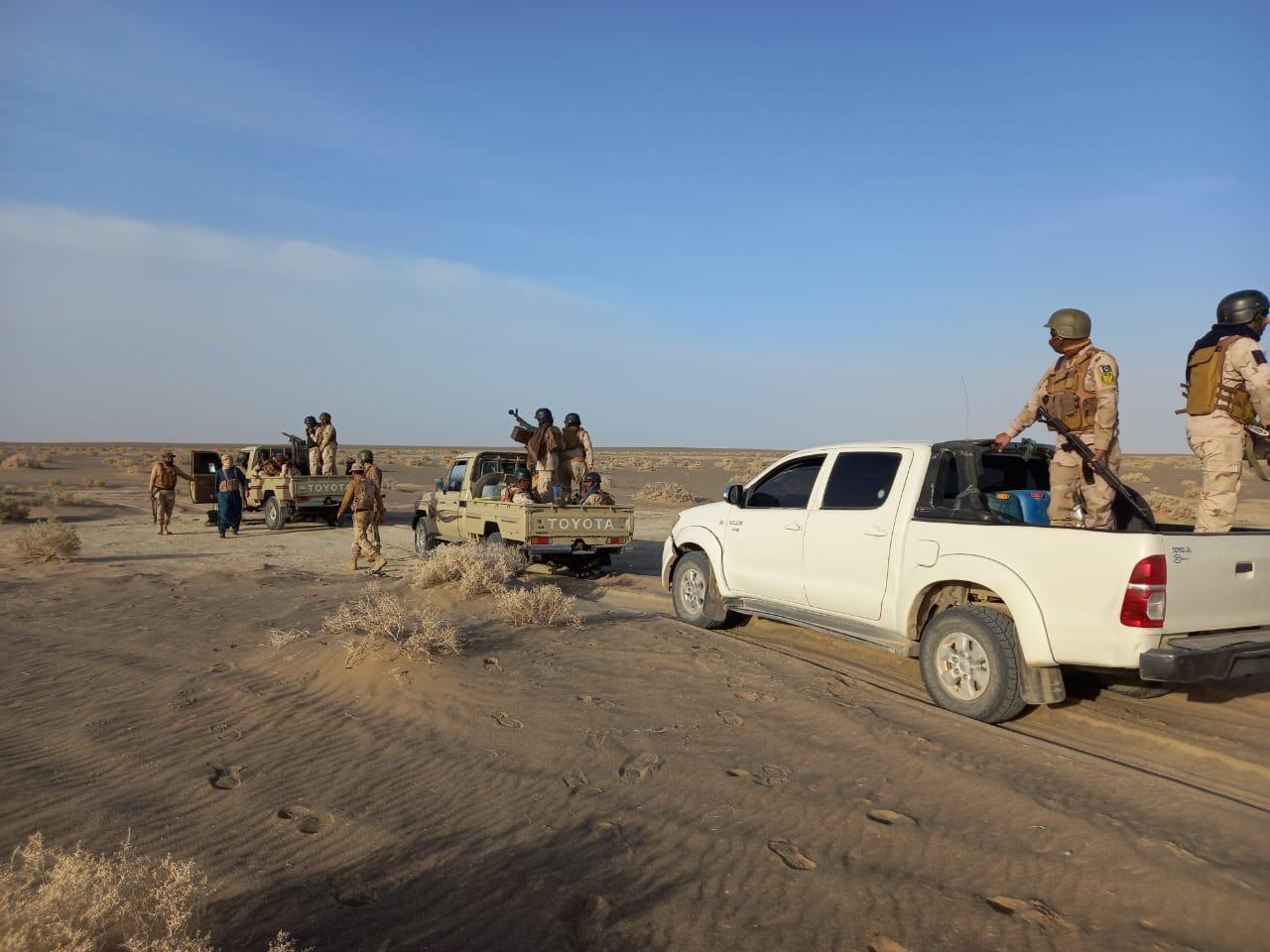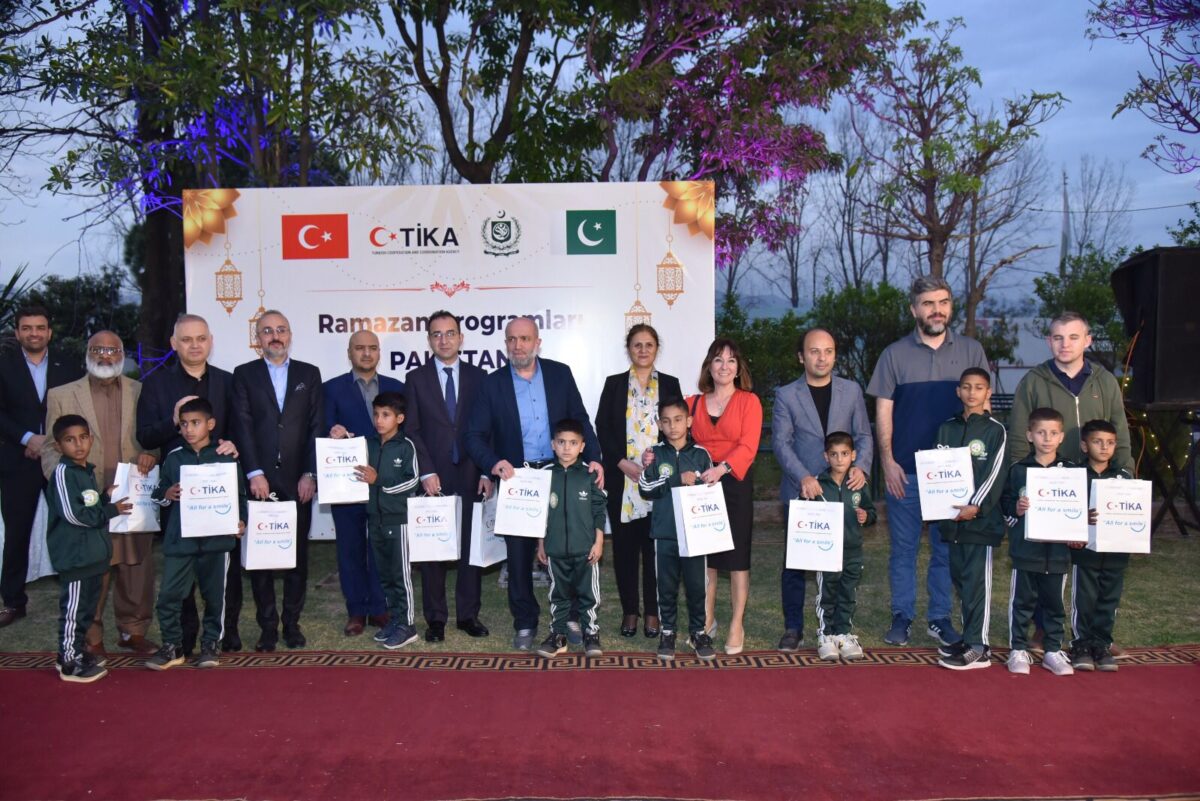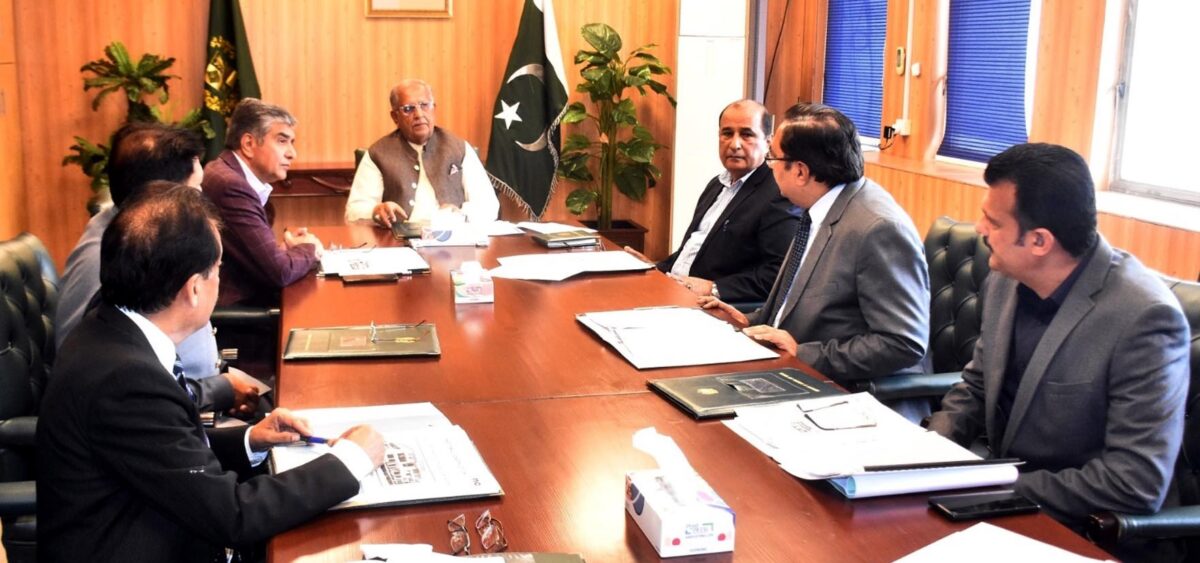ISLAMABAD, Apr 22 (APP): Torrential and unseasonal rains are currently sweeping through Pakistan, once again putting children’s lives in danger.
It is a reminder of the devastating tragedy in 2022, when 500 children lost their lives as 10 years’ worth of rains were dumped on villages in southern Sindh. I saw firsthand how children were malnourished and the little they had swept away, including their schools and their hopes and futures. Despite significant aid efforts, 9.6 million children were still in need of humanitarian assistance in flood affected areas by December 2023, said a press release issued by the UNICEF here Monday.
“The disastrous floods are one example of how climate change and pollution are impacting children’s health in Pakistan. Record-breaking temperatures put all children in Pakistan at risk of heat stress as they cannot remove excess heat from their bodies. Similarly, children are also more likely to suffer from air pollution than adults, leading to life-threatening respiratory diseases. About 12 per cent of deaths in Pakistani children under five are due to air pollution.
“Year on year, children in Pakistan are caught in a vicious cycle of drought and floods. From the moment of conception until they grow into adulthood, the health and development of children’s brains, lungs, and immune systems, are affected by their environment. Children in Pakistan are at “extremely high risk” of the impacts of the climate crisis. However, Pakistan shoulders the twin burden of adapting to climate change while reducing global emissions.
“Despite what is at stake, we are failing to protect our environment. The mighty Indus River is a lifeline for Pakistan’s people and children but is now at risk due to climate change, neglect, misuse, pollution, over exploitation and dumping of toxic waste. This Earth Day, we must redouble our efforts to ensure no child in Pakistan suffers the consequences of climate change, pollution and related disasters again”.
“Here’s how: We must cut greenhouse gas emissions from coal and fossil fuels to protect the planet. “I am a polluter – every time I eat or travel, I add to global emissions. But blame does not fall equally. According to Oxfam, the world’s richest 10 per cent is responsible for half of all global greenhouse gas emissions. That, among many other things, is heating the planet. Governments must take collective responsibility in line with the pollution they cause. We can also do more to save energy and use other sources like solar.
“We must enact policies and legislation to address climate change and its disproportionate impact on children and women. Protecting children’s health from toxic metals, chemicals, hazardous waste and air pollution is paramount.
“We must invest in children. That means more money to address stunting and malnutrition, build schools, health centres, toilets and hand pumps that can withstand floods and cyclones. However, only 2.4 per cent from climate funds support projects for children. We urge world leaders to work towards making COP30 a children’s COP to secure the 1.5-degree temperature limit.
“If we fail to do so, more children will become vulnerable to disease, hunger and death. To ensure every child in Pakistan grows up in a safe and clean world, radical action is needed today. We owe it to the next generation, who are the custodians of our future.”
مضمون کا ماخذ : شمال کے ڈریگن
